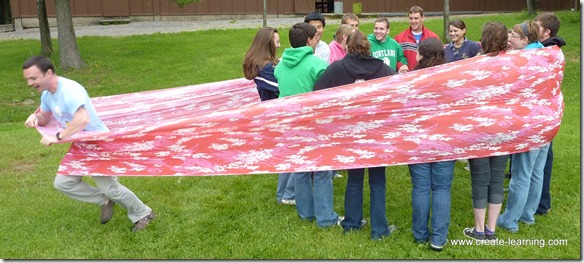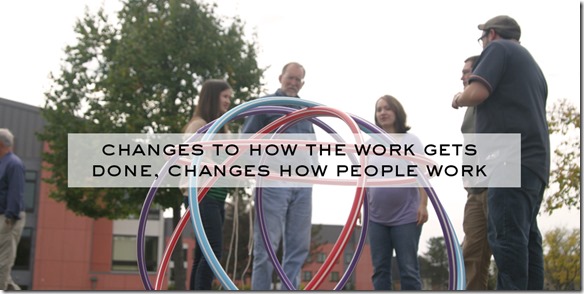Mutual Trust: relationships in which individuals can rely on each other not to engage in doing damaging, harmful, or injurious things to each other. (Jaques. Life & Behavior 251)
Trust is a term that is bantered around in team building, leadership development & organization development. It has uses and abuses.
Trust must be Mutual
- Mutual trust happens in agreed upon boundaries + systems of how work gets done.
Think about driving your car. We need to have mutual trust that each other will follow the laws & guidelines. Mutual agreement keeps us all safer while getting to our destination faster.
We feel mistrustful, suspicious, unsure of others, if we find ourselves subjected to the actuality or the possibility of being exploited, or coerced, against our own will, whether from malevolent intent of individuals or from a social context that causes people to act in a malevolently coercive & self-seeking manner against their better nature. – Elliott Jaques. Life & Behavior 253
Systems-Drive-Behavior
Every organization systems (policies, procedures, goals, roles, authority, organization design, management… the work) has the ability to attract or repel trust.
- If you work in a high mutual trust attracting company your actions, behaviors & work reflect the system you work in.
- If you work in a high mutual trust repelling company your actions, behaviors & work reflect the system you work in.
Shared a similar list on Trust Attracting vs. Trust Repelling & Case Study ‘Are we a trust attracting company?’ … I am working to make my work & ideas clearer, simpler, more actionable.
Work has the power to be a healing place with mutual trust attracting behaviors or a place of pain with mutual trust repelling behaviors. My argument is that everyone wants to do their best work & have high mutual trust attracting workplaces. They just don’t know what they don’t know, or are working from a bad theory of work & people at work.
I am going to explore each Trust Repelling & Trust Attracting descriptors in detail.
Trust Repelling Workplace |
Trust Attracting Workplace |
| Policies that force competition around a fictitious scarcity | Clear, constant, ennobling purpose |
| Policies of distrust & disloyalty | Opportunities to learn & grow. To work to your fullest capacity |
| Dysfunctional systems combined with the people are broken mentality | Continuous improvement of methods & processes |
| Authoritarian Managerial-Leadership | Mutual respect & trust |
| Narcissism, arrogance & greed | Frequent communication & access to information |
| Employees as objects of utility – means to achieve another’s end |
A sense of community |
| Pathological Loyalty: needing to belong to the in-group | Participation |
| Lean & mean-ism: everything is about production & limiting expenses | Having a Managerial-Leader who is “Big Enough” to add value to your work & ensure you have the resources + skilled-knowledge + defined goals to accomplish your work |
- List is inspired by Peter Scholtes ‘The Leader’s Handbook’
What do you think?
How important is having a system that develops mutual trust? What would you add to the list?



